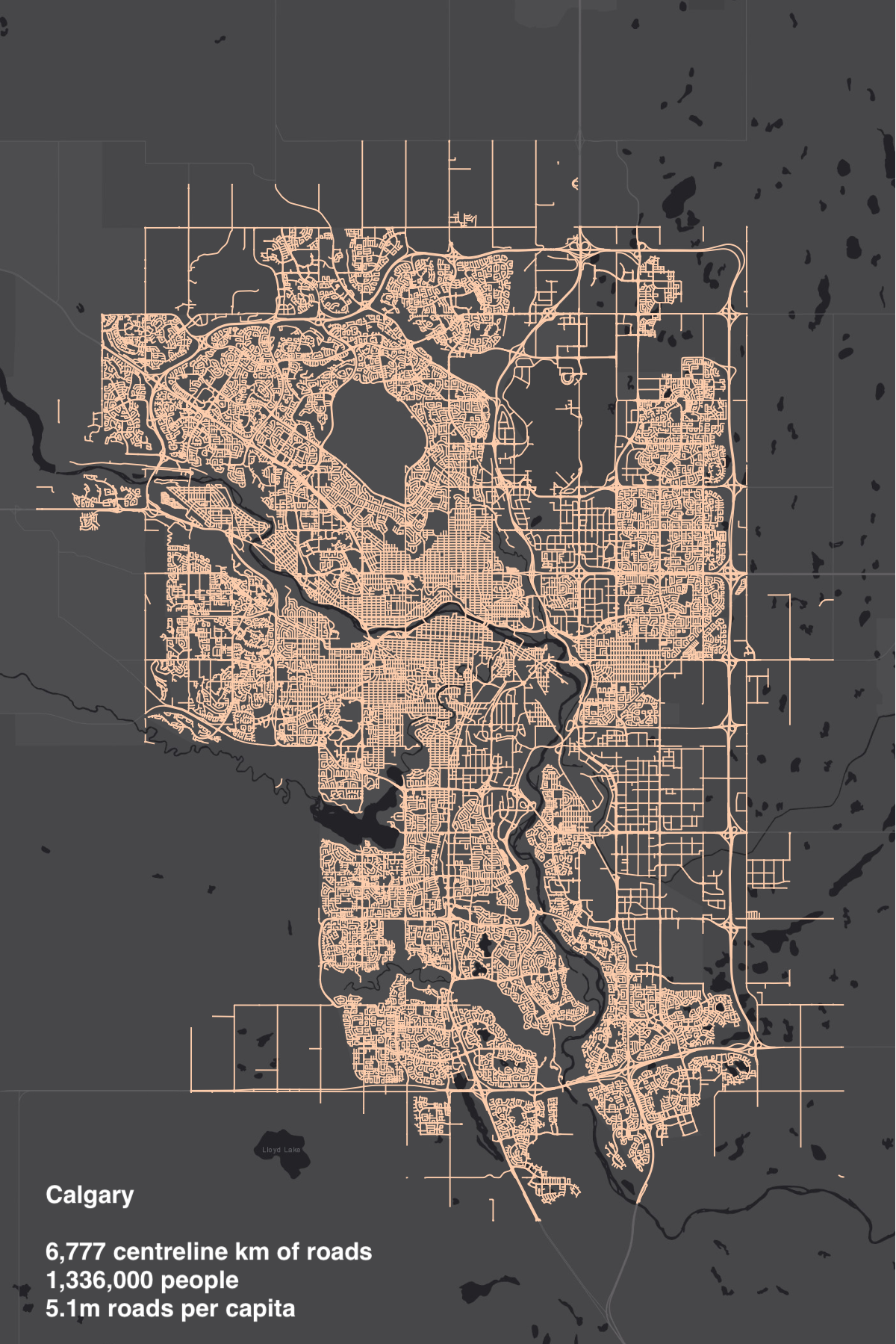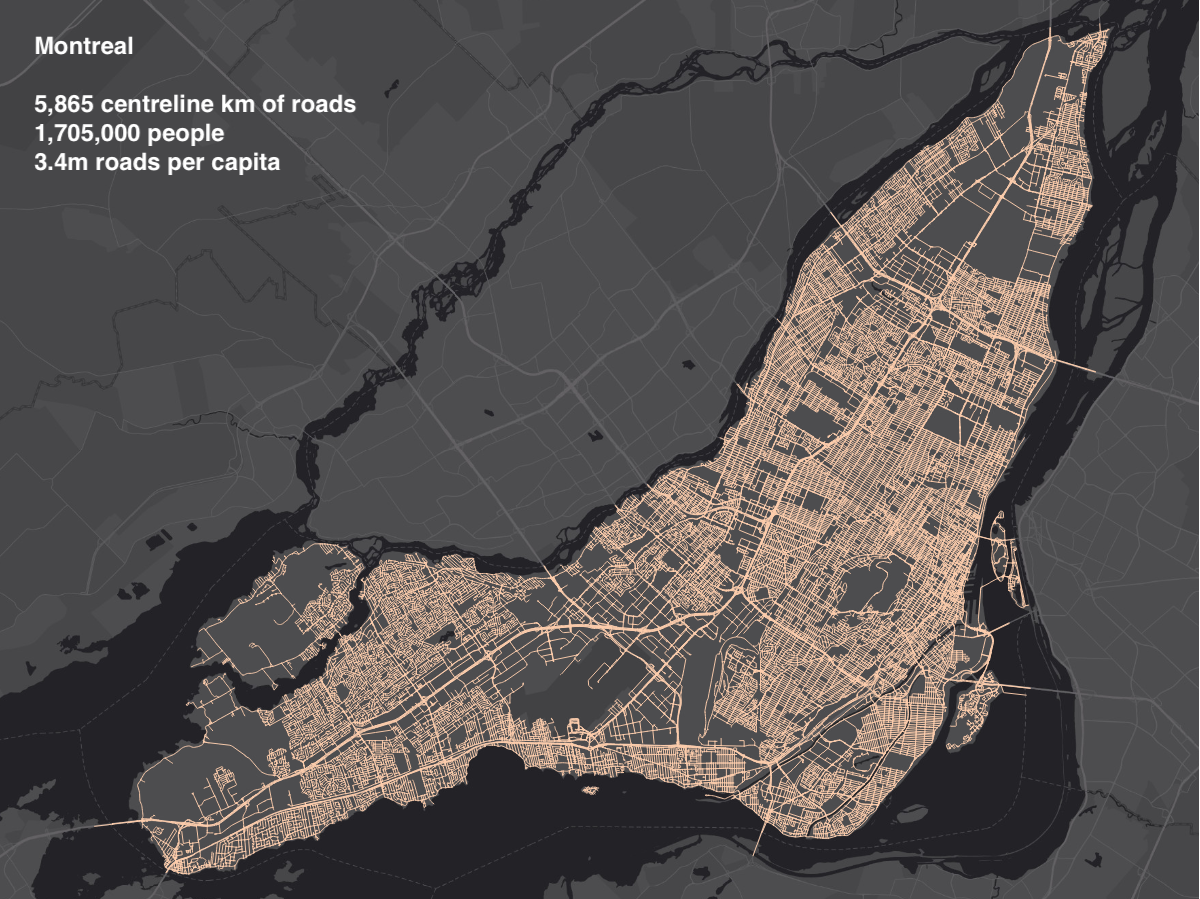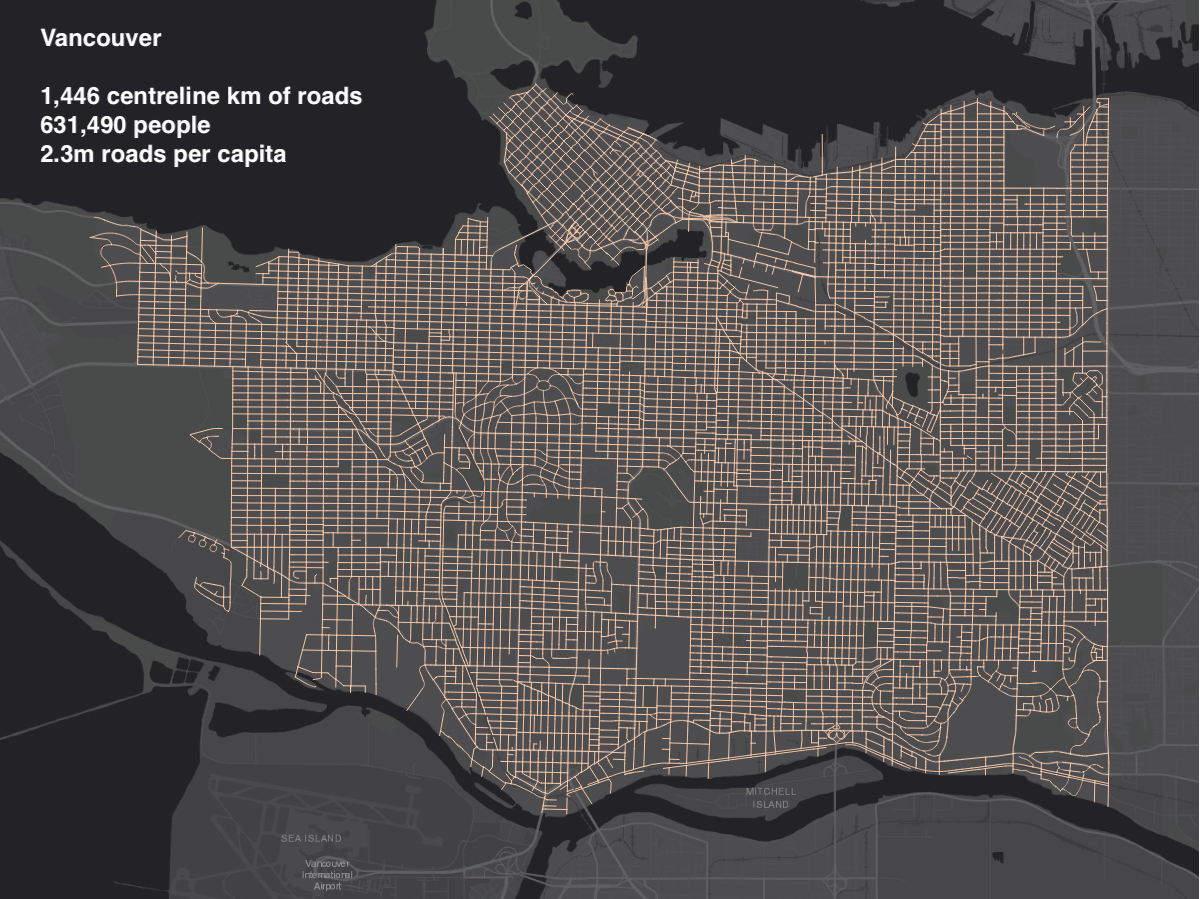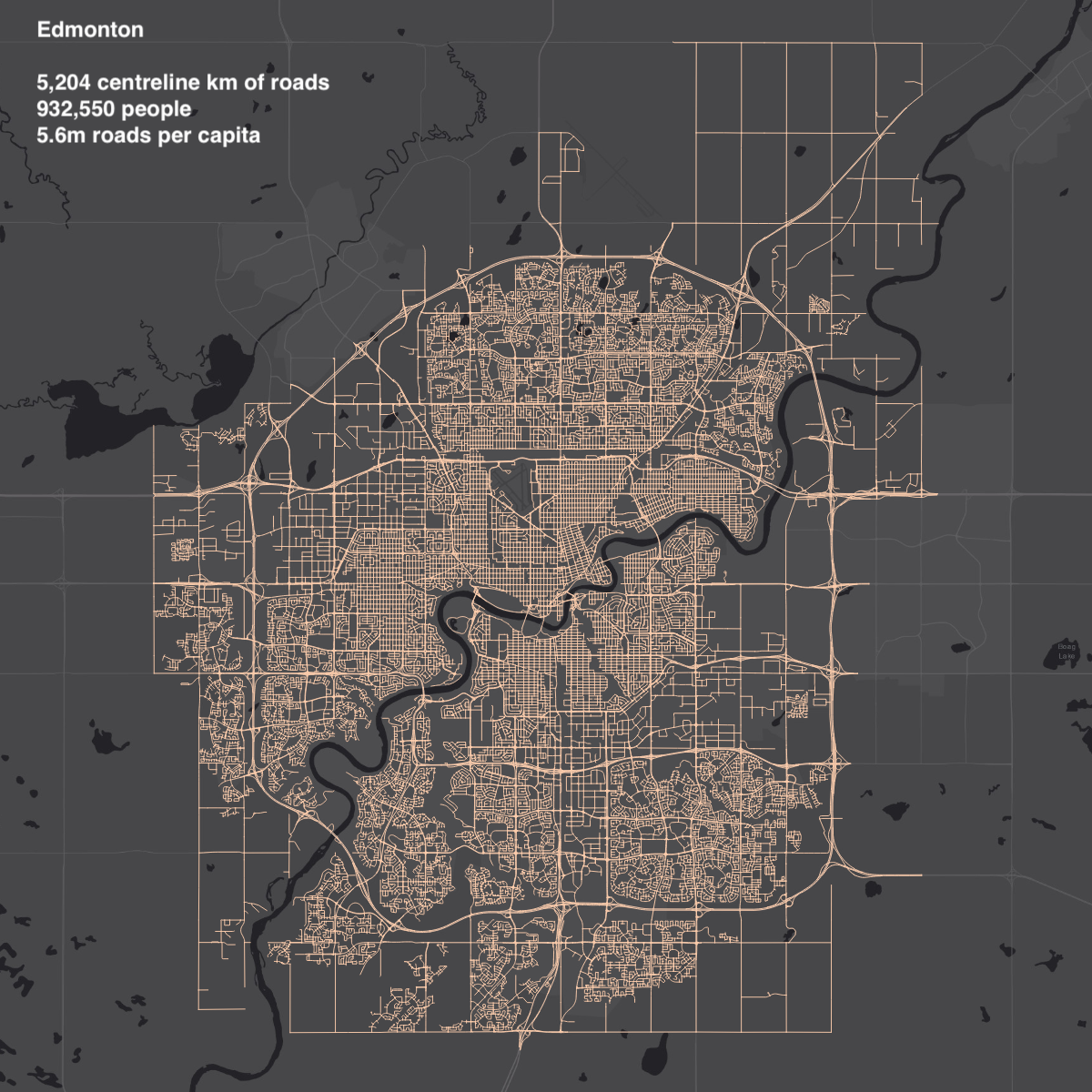City Council is looking to cut $60 million in services to existing communities
This past June, Calgary City Council voted unanimously to cut $60 million from the city’s operating budget to help cover the non-residential business tax shortfall due to the declining property assessments in Calgary’s downtown core. With office vacancy rates over 20%, the buildings in the downtown core have dropped in value roughly $14 billion, opening up a $250 million hole in the city’s revenues in the wake of the subsidies Council approved for 14 new communities last summer.

Image source: CBC
City Council has now asked administration to propose operating cuts across the board to reduce the annual operating budget by $60 million. News is already trickling out about cuts to essential services like the police, the fire department, and other programs across Calgary to be decided by Council this week.
Fortunately, there are other options to cutting $60 million in services to existing communities.
City Council should cancel the taxpayer subsidies for 14 new communities

Last summer, City Council approved 14 new suburban communities using a city-wide 0.75% property tax increase, 0.5% per year increase to water utility fees, and capital allocation of $447M to pay for it all.
The table below from a City of Calgary report on new communities shows the costs of just 11 of the new communities totalling $62 million in operating and $114 million in capital costs to taxpayers, which doesn’t even include the costs for full build-out or ongoing operation of the new communities. But the table presents only a best-case scenario that does not include deficits incurred by the City due to slower than expected market absorption of the new communities.

City of Calgary Revised Recommended Portfolio of Communities for One Calgary (2019-2022), C2018-0900 Attachment 4, July 30 2018
This decision to subsidize and approve the 14 new communities was made in the middle of summer with no consultation. The taxpayer subsidy for these 14 new communities was approved by City Council in advance of the major 2019-2022 4-year budget planning cycle last fall with the looming collapse of downtown core tax revenues.
By approving this taxpayer subsidy for new communities in the dead of summer, Council did not compare these costs against other priorities and deprived Calgarians the opportunity to provide feedback during budget consultations.
The risky business of subsidizing so many new communities
Originally, City Administration recommended the approval of 8 new communities to meet housing demand for the city’s growth projections. According to documents, City Administration also warned against approving more than the recommended 8 new communities and that if absorption rates of new communities was slower than expected, as is now the case with the ongoing economic downturn, “unplanned deficits may occur as levy payments or property tax revenue may not be realized.”
|
|
City of Calgary Planning & Development Report to Combined Meeting of Council, C2018-0900, July 30 2018
Ultimately, most of City Council ignored Administration and approved 14 new communities anyway.
Calgary taxpayers are already shouldering among the greatest sprawl in Canada
Measuring the costs of sprawl borne by each resident in a city is no easy task. However, one method of comparison between cities is to look at the length of centreline kilometers of road infrastructure per capita.

Comparison of centreline road metres per capita between major Canadian cities.
More kilometers of roads can generally be associated with more infrastructure (bridges, sidewalks, utilities, etc.) and higher upfront capital including building public transit, long term operating, and end of life maintenance costs. This figure divided by the number of people living in a city is a rough way to compare the cost of sprawl borne by each citizen.
For this research, we compared the kilometers of centreline roadway per capita of six major canadian cities. The length of roadway for each city was measured using openly available road network ‘shape files’. So for example, 1km of a two-lane road or a four-lane road would each count as 1km of roadway. Since laneways are typically not paved and receive a significantly lower level of service (and do not exist in some cities) they were not included in this count.
Calgary ranked among the highest in Canada with roughly 5.1m of roadway to build, operate and maintain per person in this city. Compare this to Toronto with just 1.7m of roadway per capita.
Centreline Road KM's Per Capita of Six Major Canadian Cities
|
Calgary 6,777 centreline km of roads 1,336,000 people 5.1m roads per capita |
Toronto 4,906 centreline km of roads 2,970,000 people 1.7m roads per capita
|
|
Montreal 5,865 centreline km of roads 1,705,000 people 3.4m roads per capita |
Vancouver 1,446 centreline km of roads 631,490 people 2.3m roads per capita |
|
Winnipeg 3,149 centreline km of roads 705,245 people 4.5m roads per capita |
Edmonton 5,204 centreline km of roads 932,550 people 5.6m roads per capita
|
Help tell City Council to spare service cuts to existing communities by cancelling the subsidies to the 14 new communities
Our tax dollars are best spent reinvested in our existing communities, not funding new ones that incur even more costs to taxpayers. The Downtown and Beltline have already lost our only two police stations due resources being stretched thinner and thinner across the city over the last decade. We don’t have anymore police stations left to close.
1) Ask your councillor to cancel or reduce subsidies to the 14 new communities
City Administration previously recommended just 8 communities were required to meet Calgary’s growth demands. However, Council ultimately approved 14 at a significantly greater cost to city finances.
2) Share this post with your friends
Help us get the word out before it’s too late and cuts are made to essential services to existing communities.









